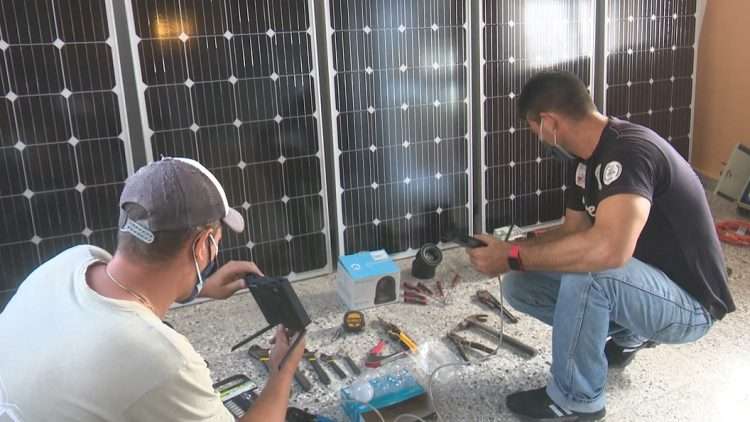Cuba has exceeded 3,500 private micro, small and medium-sized enterprises (MSMEs) authorized since the Cuban government gave these economic actors the green light last year.
The figure was reached last week with the approval of 93 new private MSMEs by the Ministry of Economy and Planning (MEP), which also validated a non-agricultural cooperative.
In this way, as detailed by the MEP on Twitter, so far “3,657 economic actors have been approved since the process began in September 2021.”
“Of the MSMEs, 3,552 are private and 51 are state-owned, and there are also 53 cooperatives,” added the entity, according to which “55% are reconversions of pre-existing businesses and 45% correspond to new ventures.”
Con esta decisión, suman 3657 los actores económicos aprobados desde que inició el proceso en septiembre de 2021. De las mipymes, 3552 son privadas y 51 son estatales, y además hay 53 son cooperativas.
— Ministerio de Economía y Planificación de Cuba (@MEP_CUBA) June 2, 2022
Cuban authorities estimate that these economic actors will generate more than 60,000 new jobs.
In addition, according to the MEP, of the new approved actors, 120 are part of local development projects, 36 have previously carried out export operations and 11 are part of the Science and Technology Park of Havana.
De todas las aprobadas, 120 forman parte de proyectos de desarrollo local, 36 han realizado previamente operaciones de exportación y 11 están incubadas en el Parque Científico y Tecnológico de La Habana.
— Ministerio de Economía y Planificación de Cuba (@MEP_CUBA) June 2, 2022
The MSMEs, whether private or state-owned, are part of the current economic scenario on the island, the result of the reforms carried out by the Executive of President Miguel Díaz-Canel, in which non-agricultural cooperatives, self-employment and the socialist state enterprise, considered by the government as the main actor in the Cuban economy, also coexist.
As is known, MSMEs have their own legal status, can export and import through state entities, and have been authorized for activities related to accommodation, beauty services, food production, manufacturing, information technology, logistics and transportation, among others. However, they cannot access spheres considered strategic for the State, such as health, telecommunications, defense and the press.










